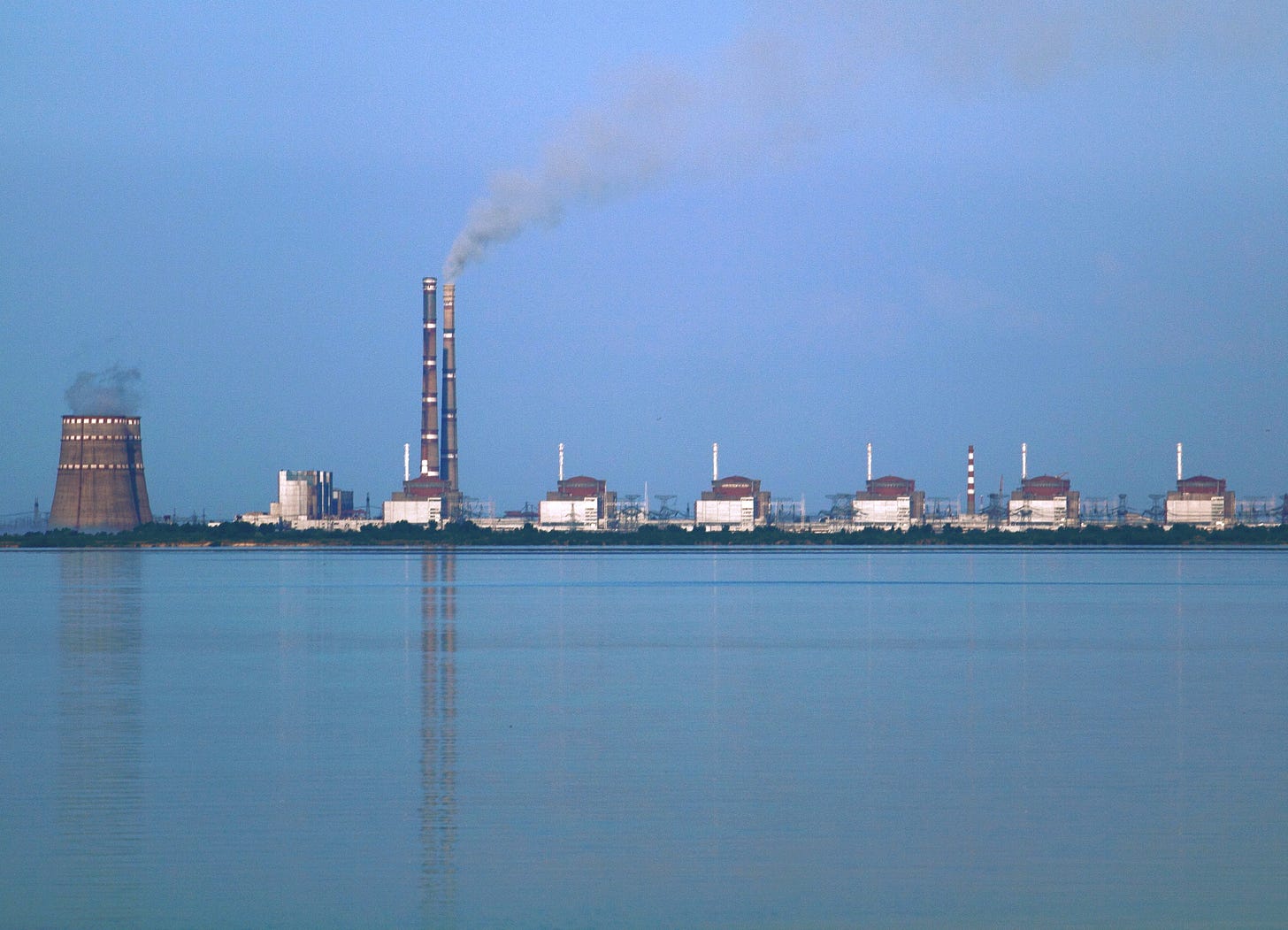Breaking Nuclear Crisis: Europe's Largest Plant in Blackout – Meltdown Risks Escalate Amid Ukraine War
Russia's Deliberate Nuclear Brinkmanship Threatens Global Catastrophe
As of October 3, 2025, Europe’s largest nuclear power plant, Zaporizhzhia in Ukraine, remains plunged into its longest blackout since the onset of Russia’s full-scale invasion. What began as a military occupation has now escalated into a ticking time bomb, with experts warning of rising meltdown risks that could unleash a catastrophe rivaling Chernobyl. Ukrainian President Volodymyr Zelenskyy has sounded the alarm, accusing Russia of deliberately engineering nuclear threats by exploiting the weak stance of international agencies like the IAEA and global distractions. This isn’t just a Ukrainian problem—it’s a global one, with fallout that knows no borders.
The Zaporizhzhia Powder Keg: A Quick Background Zaporizhzhia Nuclear Power Plant (ZNPP), located in southern Ukraine, is a colossal facility with six reactors capable of powering millions. Seized by Russian forces in March 2022, it has been a flashpoint in the war, repeatedly shelled and disconnected from the grid. Under Russian control, Ukrainian staff operate under duress, while Moscow has militarized the site, using it as a shield for artillery. The plant relies on external power for cooling its reactors and spent fuel pools—even when shut down. Without it, diesel generators kick in as a backup, but they’re only a short-term fix. Prolonged blackouts heighten the danger of core meltdowns or radioactive releases.
The Current Blackout: Day 11 and Counting The latest crisis erupted on September 23, 2025, when military activity—widely attributed to Russian shelling—severed the plant’s last external power line. This marks the 10th full blackout since the invasion, but by far the longest, now stretching into its 11th day. Diesel generators are running non-stop, but concerns mount over fuel supplies and maintenance. Ukrainian officials claim Russia is intentionally prolonging the outage to reroute power to its own grid, effectively stealing Ukraine’s energy infrastructure. Meanwhile, Russia blocks Ukrainian specialists from repairs, heightening the peril. The International Atomic Energy Agency (IAEA) reports ongoing engagement but faces criticism for its “weak stance” that Zelenskyy says Russia exploits. Just days ago, on October 1, a Russian drone strike caused a three-hour blackout at facilities linked to the infamous Chernobyl site, including its New Safe Confinement and spent fuel storage. Zelenskyy called it deliberate, warning that all five of Ukraine’s nuclear plants could be targeted.
The Looming Catastrophe: What’s at Stake? A meltdown at Zaporizhzhia could release radioactive material across Europe, affecting air, water, and food supplies. Experts describe the situation as “risky,” with failing backups potentially leading to overheating reactors. The plant holds vast amounts of spent fuel—over 3,250 tons at Chernobyl alone—amplifying the threat. Russia’s tactics echo historical nuclear brinkmanship, but this time with live ammunition. By weaponizing energy infrastructure, Moscow not only weakens Ukraine but tests the world’s resolve, banking on “dispersed global attention” to avoid consequences.
International Response: Too Little, Too Late? The IAEA is pushing for power restoration, but enforcement remains toothless. Zelenskyy urges stronger action from Europe, the US, and G7/G20 nations: expanded sanctions, direct pressure on Moscow, and a full ceasefire. Ukraine stands ready to repair lines if safety is guaranteed. Yet, as Putin threatens “mirror responses” to Western aid, the crisis underscores a fractured global order. Half-measures won’t suffice—every day of delay is a gamble with human lives.
This breaking crisis at Zaporizhzhia isn’t isolated; it’s part of Russia’s broader assault on Ukraine’s sovereignty and global security. As Zelenskyy pleads, “Strong response and appropriate pressure on Russia are required to protect human life.” The world must unite—not just in words, but in decisive action—to avert disaster. Solidarity with Ukraine means safeguarding our shared future. If we fail here, the fallout will be literal and lasting. Silence isn’t an option.

